As exhibitions marking the 200-year anniversary of the decipherment of the Rosetta Stone open in both Britain and France, calls for the British Museum to return it to Egypt have got louder. A petition launched in September now has more than 2,500 signatures including those of prominent Egyptian archaeologists – and calls for the Egyptian government to make a formal request for the artefact for the first time. Recovered in 1799 by a French officer, the Rosetta Stone bears texts in Greek, demotic script and Egyptian hieroglyphs, the existence of the first two leading to the deciphering of the latter. After the French surrender of Egypt in 1801, the British took the granite slab and it moved to the British Museum in 1802. Monica Hanna, an Egyptian archaeologist who co-founded the restitution campaign, told CBS News this week that she thinks that the stone is ‘definitely’ going to be returned. ‘It is just a matter of when.’ A statement from the British Museum shared with Reuters noted that the Egyptian government has not yet made a formal request for the items, adding that ‘The British Museum greatly values positive collaborations with colleagues across Egypt.’
The Victoria and Albert Museum in London has removed the Sackler name from two spaces of its site in Kensington, the Centre for Arts Education and the Exhibition Road courtyard. A spokesperson for the museum told the Art Newspaper that the decision was made by mutual agreement with the family of Mortimer Sackler, who co-founded Purdue Pharma, the company that made the addictive opioid Oxycontin, with his brother Raymond in 1996. The V&A is among the last remaining major museums to distance itself from the Sackler name, following decisions to remove it from spaces or endowments at the Met, the Guggenheim, the Tate, the National Gallery, the Serpentine, the British Museum, the Louvre and others; the American Museum of Natural History in New York is still home to the Sackler Institute for Comparative Genomics and the Sackler Educational Laboratory, while the Bodleian’s classical, art historical and archaeological texts are still housed in the Sackler Library in Oxford.
Chris Dercon, the president of the Réunion des musées nationaux – Grand Palais in Paris, is leaving his post to become the managing director of the Fondation Cartier pour l’art contemporain. Dercon leaves halfway through a five-year term; he was brought in to lead the governing body for France’s national museums in 2019, during a period of major renovations at the Grand Palais, scheduled for completion in 2025. At the Fondation Cartier, Dercon will supervise the renovations led by architect Jean Nouvel of the former Louvre des Antiquaires, which is to become the new headquarters of the luxury jeweller’s cultural foundation in 2025. This is not the only high-profile recent departure from a Parisian museum; last week, Sylvie Patry, deputy director of the Musée d’Orsay, announced that she is leaving to become the artistic director of the commercial gallery Kammel Mennour. In other appointments, Ferdinand von Saint André, a former legal advisor at Germany’s Kulturstiftung, has been named the interim managing director of Documenta, after the resignation of Sabine Schormann in the wake of controversies at this year’s exhibition. And in New York, Claudia Gould has announced her departure as director of the Jewish Museum, after more than a decade in the post.
Dimitri Ozerkov has resigned from his post as the head of the contemporary art department at the State Hermitage Museum in St Petersburg in response to Russia’s invasion of Ukraine. His resignation was announced in an Instagram post on Sunday 2 October, where he states that he decided to quit ‘after the war started’ and hasn’t ‘participated in any of the museum’s activities’ since early March, adding that his ‘final decision’ came after the publication of an interview with the museum’s director Mikhail Piotovsky in June in Rossiiskaya Gazeta, the Russian government’s official newspaper, in which Piotovsky voiced his support for Vladimir Putin’s actions. Ozerkov had worked at the Hermitage for 22 years, starting as curator of prints from the 15th–18th centuries; as head of the Hermitage 20/21 Project he worked to introduce contemporary art into the museum, staging exhibitions of Jan Fabre and Anselm Kiefer and, in 2014, bringing the itinerant biennial Manifesta to St Petersburg. Ozerkov has also quit his posts for other St Petersburg art projects and the local government’s council for culture, stating ‘I don’t intend to have anything in common with today’s Russia.’
Unlimited access from just $16 every 3 months
Subscribe to get unlimited and exclusive access to the top art stories, interviews and exhibition reviews.

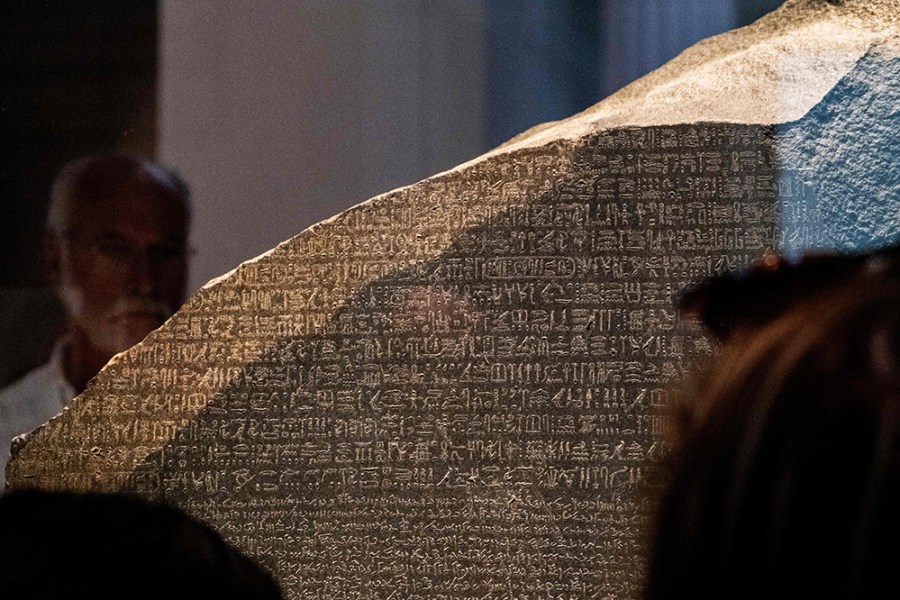
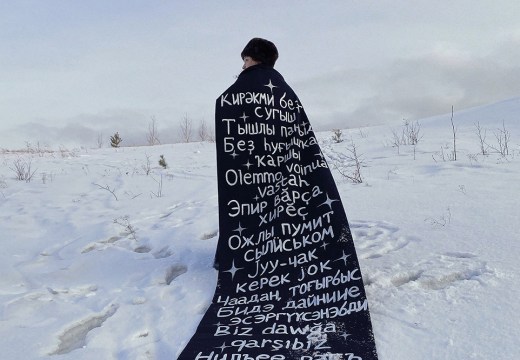
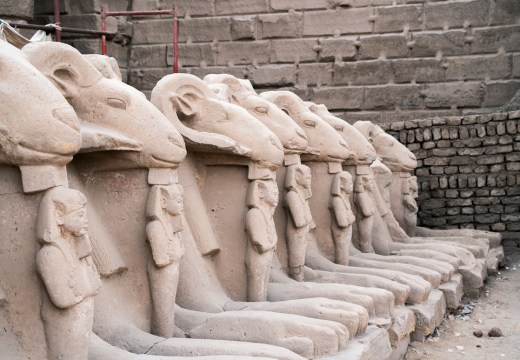
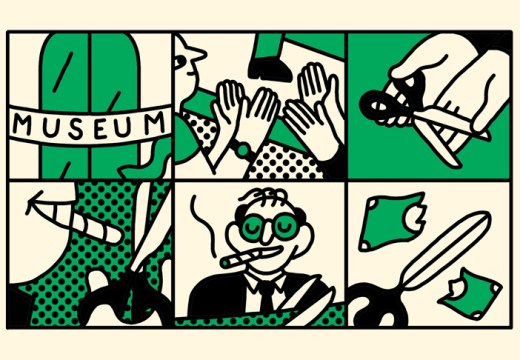







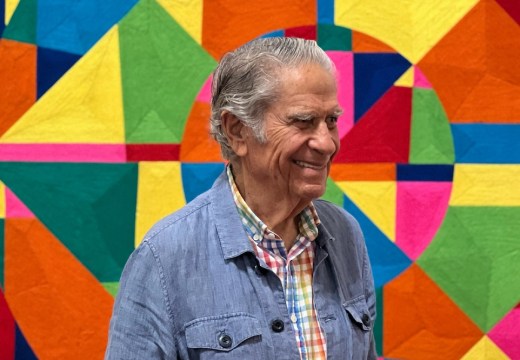
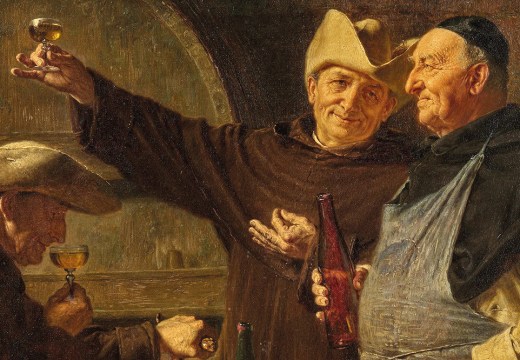
![Masterpiece [Re]discovery 2022. Photo: Ben Fisher Photography, courtesy of Masterpiece London](http://www.apollo-magazine.com/wp-content/uploads/2022/07/MPL2022_4263.jpg)






